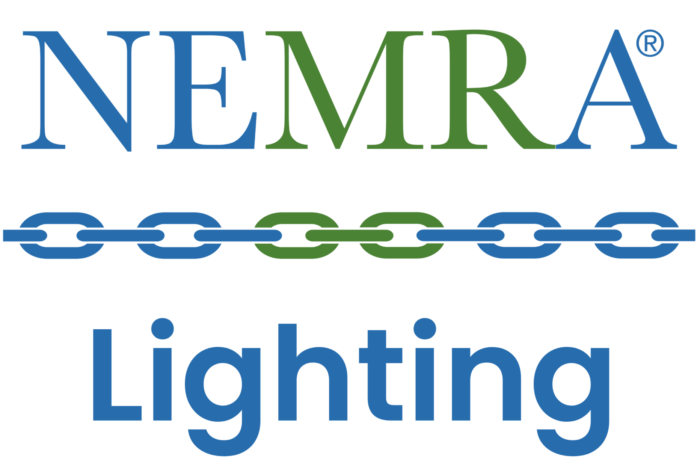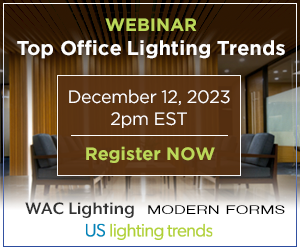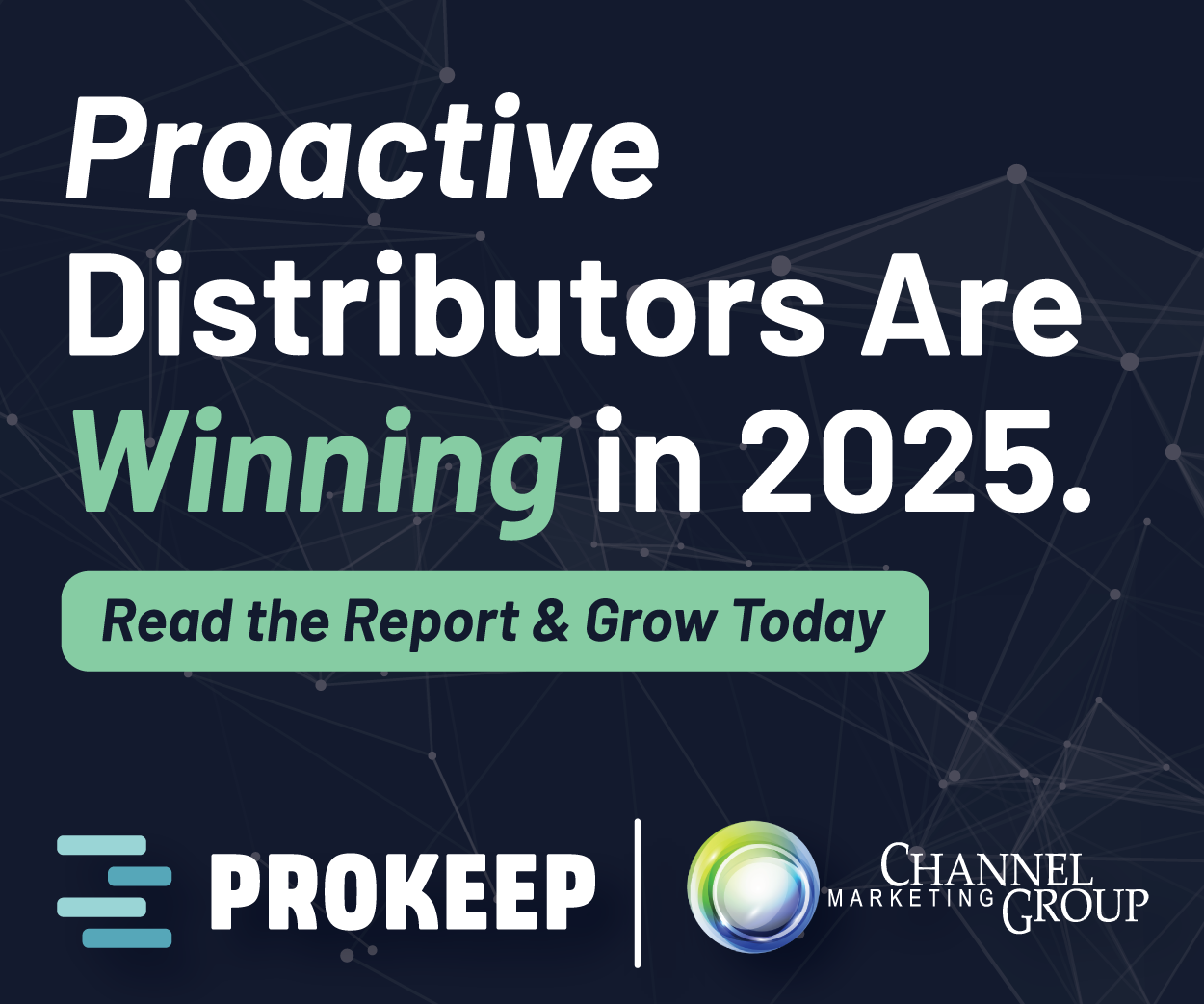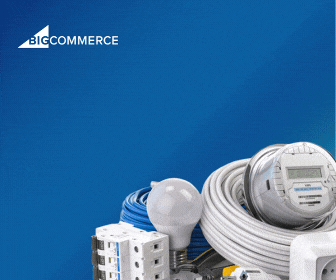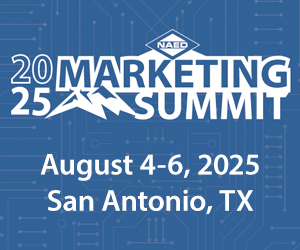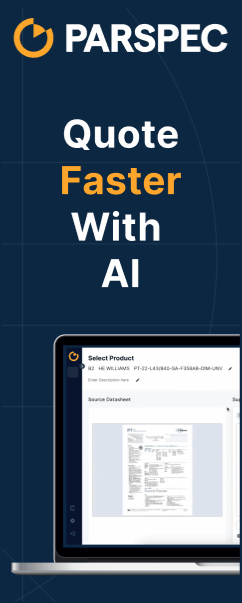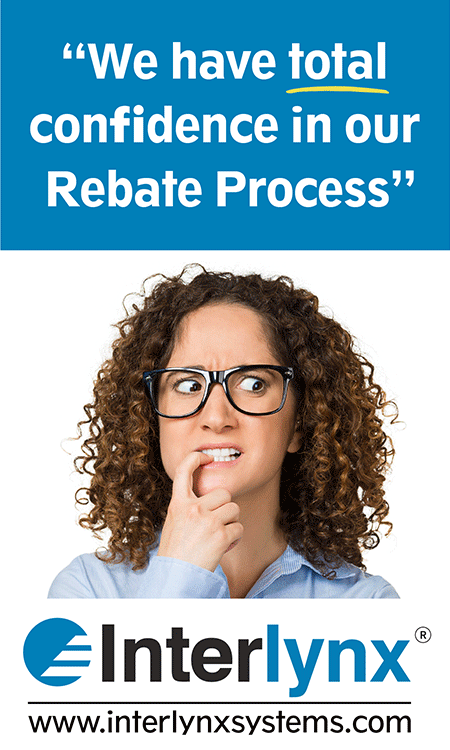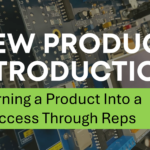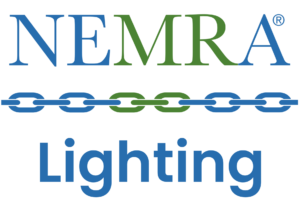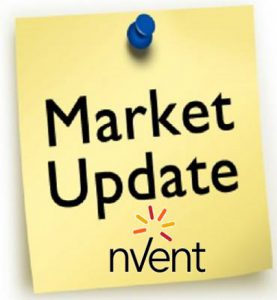Launching New Products Requires Sales Investment
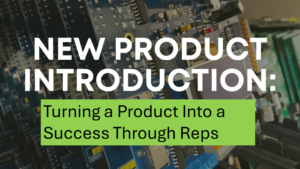 Leading manufacturers seek to bring new products to market on a regular basis as a means of driving sales. Further, these new products are based upon changes to the NEC (National Electrical Code), safety, productivity, new installation methodologies, or new functionality that they feel will benefit the market.
Leading manufacturers seek to bring new products to market on a regular basis as a means of driving sales. Further, these new products are based upon changes to the NEC (National Electrical Code), safety, productivity, new installation methodologies, or new functionality that they feel will benefit the market.
For these companies, it is not unusual for them to target that 15-30% of their sales will come from products that have been “launched” (either developed or sourced) over the prior three years.
Much time, and money, is invested into “new product development” and product launches.
Further, most of these manufacturers and many distributors, are able to earn higher margins on new products to the market.
Manufacturers and their engineers, product managers and top salespeople rightfully spend time in the field determining additional products that customers might value as synergistic to their existing offering. They will then offer promotions or special incentives to their distributors for stocking and promoting their new products so those products are available when customers, through various marketing efforts, might require them.
Allocating Time to Supporting New Products
How many manufacturers consider the efforts necessary from their sales forces? Regardless of if they are a direct salesperson or the manufacturer is represented by independent representatives. Consider, these salespeople are already trying to generate demand from end-users / contractors, and supporting distributors, on their manufacturer’s current offering. IN other words, asking sales to support new products is an expansion of the sales effort … new things to learn, new things to support, new things to train distributors (and reps) on, probably more administrative efforts … time taken away from the existing offering.
Certainly, these sales forces are given bogeys to accentuate the importance of those products (or they should be), but when so many manufacturers are now being directed by people who have little sales experience, do they understand the necessary additional time and cost involved?
Especially when, based upon history and statistics relating to new product introductions, a high percentage of these new product introductions either fail or generate nominal incremental revenue as there is frequently little customer research conducted to determine the need.
Allow me to cite an example.
I would like to thank Michal Hofkin, UL Solutions Lead Regulatory Engineer whose territorial responsibility is a region that covers Maryland, north to Maine. Michal and I met when he was an inspector for a regional inspection agency and further worked together at the Electrical Association of Philadelphia. He was also the international Chairman of the Board for IAEI after serving many years as the President of the Ben Franklin Chapter.
 UL Solutions (formerly known as UL) serves g as a product testing laboratory. Its listing marks are internationally recognized as a sign of product conformity. Inspectors interpret the code and enforce the requirements. Product listing is one way that an inspector decides whether to approve an installation or product or not.
UL Solutions (formerly known as UL) serves g as a product testing laboratory. Its listing marks are internationally recognized as a sign of product conformity. Inspectors interpret the code and enforce the requirements. Product listing is one way that an inspector decides whether to approve an installation or product or not.
- The product must be listed and labeled by an authorized authority when required.
- The installation must be approved by the inspector.
At times there may not be a requirement for the product to be listed. An example is NM (non-metallic) cable. It must be listed and labeled, but NM cable staples are not required to be. The inspectors are responsible to determine if the product meets local code requirements. Most inspectors prefer products to be listed and labeled as they do not have degrees in metallurgy. The listing and labeling help them know if they should fail or approve products, and the installation, in a situation where they may have limited knowledge.
There is NO federal mandate that the NEC or any other code be accepted. As most know, the NEC can be adopted by states, cities, or counties and that each determines what version of the NEC they decide to be on (until they adopted the “next version”.) The NEC is updated every three years.
Michal told me that in the states he is responsible for, most of them adopt the code on a statewide basis In the other states the requirement for adoption is done by the local municipality. Municipalities in his area have various NEC acceptance including those from the years 2020, 2011, 2014, and even though the current NEC is 2023.
Sales organizations promoting new products frequently need to, or should, call on engineers, contractors, inspectors, builders for new commercial and residential products as well as engineers, OEMs, and MRO’s for industrial ones. Utility products must go through the standards groups with many also requiring UL listings and labels. And this does not count on the need to call on distributors to train outside, inside, and counter salespeople as well as talk to purchasing / management to educate the company and try to get a stocking position (if appropriate.)
Introducing and Selling a New Product … Remembering the ENT Introduction
Years ago, Carlon (now part of ABB) came out with a new product, Electrical Nonmetallic Tubing (ENT). It was introduced at a principals meeting that was also attended by a few factory salespeople who would be traveling the territories with their representatives for the purpose of seeing contractors and inspectors. I had never called on inspectors previously but was now responsible for calling on them.
Carlon joined the IAEI and attended each regional meeting with displays available for this new product, and we attended chapter meetings in our area. Carlon recognized the effort it would take and doubled our commissions for this product line They also had a promotion for each rep and accompanying distributor who in their region sold the most. I know because I was fortunate to take my wife and a customer for a trip to England for 10 days. The commissions remained doubled for 3 years and our efforts, and theirs, certainly seemed to be successful.
The many inspectors we developed relationships with even helped us promote the product to contractors because inspectors, like each of us, need to be salespeople also. They too have competition, and working with their customers, the contractor, is imperative. If they see products that might help someone, many will do so. We left samples for the inspectors to show!
Selling New Products Costs, But Expertise Drives Sales
Yes, representatives have a responsibility to sell all of their manufacturer’s products, but everyone should be aware of the expense, and trade-offs, needed to sell new products.
Recognizing the cost accrued for new products and addressing the cost, let alone properly training the sales organization and motivating them to focus on the product, should only improve margins and sales for all.
Having fun (that’s a word that seemingly has left the industry) selling used to generate effort, and training in the field with factory people allowed us to learn quick lessons before customers became aware of the product allowed us to become factory-trained experts in a short amount of time. The VP of Marketing for Carlon said the field visits by those people cost far less than bringing all their reps to the factory for training
What About …?
As a factory, much is invested in product development and product packaging. More needs to be thought about, and investment provided, into new product marketing and new product selling. (The Launch and the Adoption Phases.)
What if we all could understand the effort and expense of new product selling that each role in the channel has, develop a good, repetitive new product launch process, generate more income for everyone, and bring back some enjoyment in the process?
And yes, this needs to be company-specific, not an industry-wide initiative.
What are some of the most successful new product introductions you have been a part of? What made them successful?
Consider allowing Channel Marketing Group to help develop plans that would work for all.



